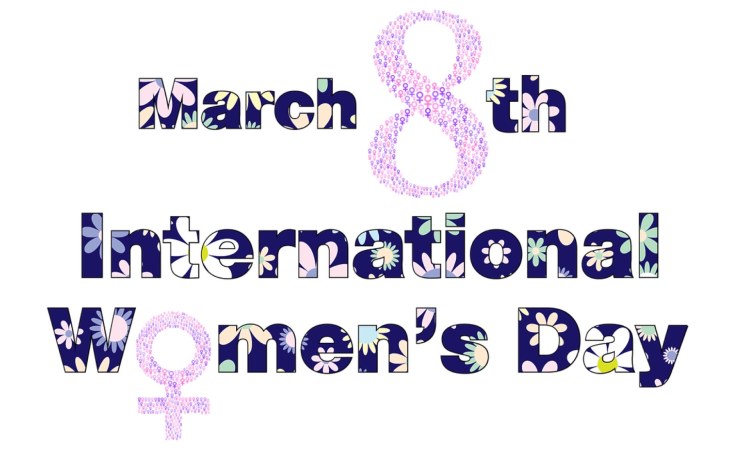This International Women's Day (March 8) comes at a fiercely challenging moment. We can find inspiration, and hope, however, in the women and girls around the world who, often at great risk, are leading the fight for rights for everyone.
Today, more than ever, we need to put our energies and resources in support of their courage. We are facing an unprecedented and well-funded global attack on human rights and especially on the rights of women. Hard-won progress is in peril. It is not just the commitments made in the Sustainable Development Goals for 2030 that are under threat. It is everything we have gained since 1945.
How do we push back against the pushback? How do we make sure our daughters can live in a kinder, safer, world, in which their rights are upheld and respected? How do we make sure women and girls are included in policy making that affects their lives?
Firstly, we need to deepen our understanding of this pushback on human rights and democracy.
Democracy is threatened when inequalities deepen. Today, more and more wealth is being concentrated in the hands a few men. The world's five richest billionaires have doubled their fortunes since 2020 - while five billion people became poorer.
Globally, men own US$105 trillion more wealth than women. And the world's poorest countries are being forced to cut public spending because of the debt crisis, which particularly impacts women and girls from poor communities.
The world is very far off track to meet the gender targets set in the Sustainable Development Goals because, as UN Women concludes, of "deeply rooted biases against women, manifesting in unequal access to sexual and reproductive health, unequal political representation, economic disparities and a lack of legal protection." As the UN Secretary-General has urged, there is a need for a "dismantling and transformation of power structures that discriminate against women and girls".
We need to tackle unequal access to education and information. When 122 million of our girls are still out of school, and even millions who attend school are denied lifesaving information on how to protect themselves from HIV, everyone loses.
We need to challenge the lie that women's rights undermine culture and tradition.
And we need to resolutely confront the globally coordinated ruthless campaign to punish people for who they are and who they love. We need to put the human rights of every person at the centre of all our development efforts, just as we have been doing in the AIDS movement for decades. Because to protect the wellbeing of everyone, the health of everyone, we have to protect the rights of everyone.
Progress requires a deepening of multilateralism and a deepening of support for civil society. So it is concerning when countries, including in the West, retreat from their international commitments to development and human rights. And it is concerning when only 1% of all the aid going to gender equality reaches women's and girls' organizations.
We are not mourning, however, we are organizing. We can be hopeful because we have won before and we can again. To do so, we need to remember that hope is not idle optimism. It is active. We will win together, through determined collaborative action.
That is how we won the right to vote. That is how we opened the doors of parliaments and corporate board rooms. That is how we closed the gap between boys and girls in basic education. That is how won progress in moving away from the old colonial punitive laws that criminalised LGBTQ people, so that today two-thirds of countries no longer criminalize. That is how we won progress on the rights of people living with HIV, with three quarters of people living with HIV now on treatment.
We cannot give up or slow down on this unfinished journey of progress, or retreat because opponents of progress are well-organised. The stakes are too high, the risks if we act with a lack or courage are too great, the costs of insufficient action are unaffordable.
This is a moment that calls for unwavering support for women and girls on the frontlines, and for intersectional alliances in defence of everyone's human rights. We need to strengthen the hand of those whose lives are most impacted by the denial of rights. The United Nations is clear: we are not only on the side of the frontline defenders of rights; we are by their side.
This opinion piece is part of series to mark International Women's Day, March 8.
IPS UN Bureau


